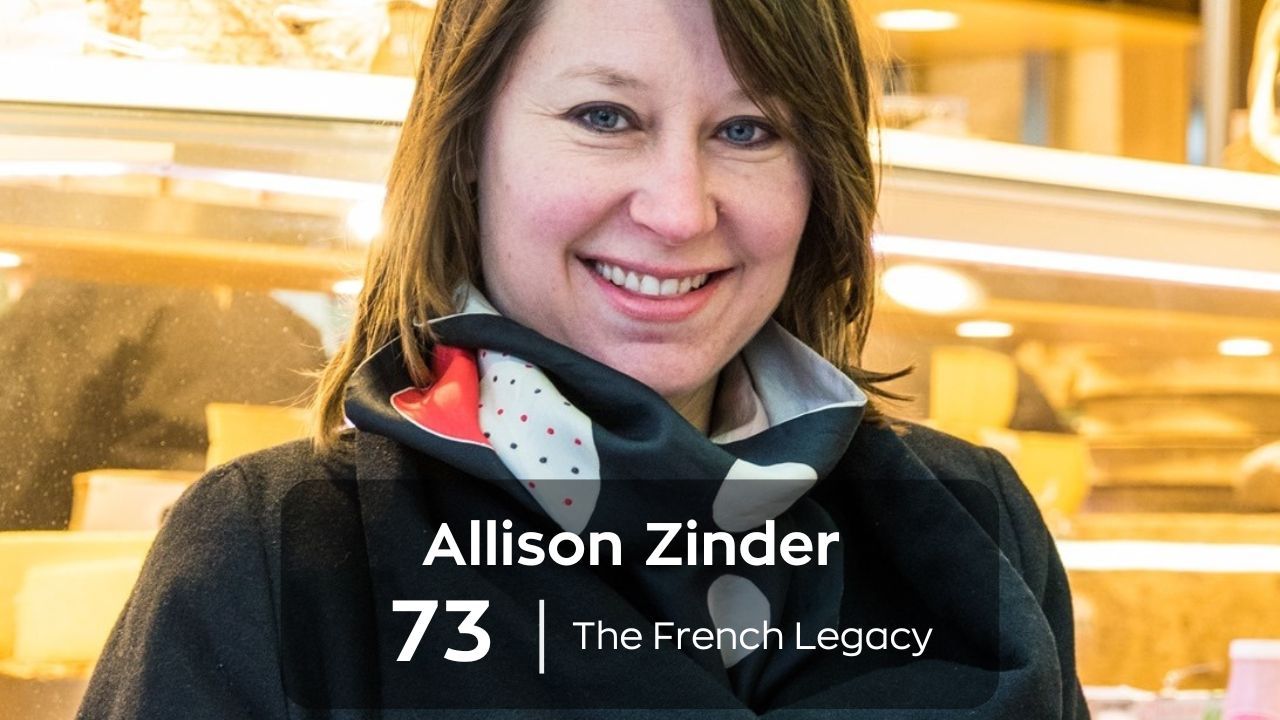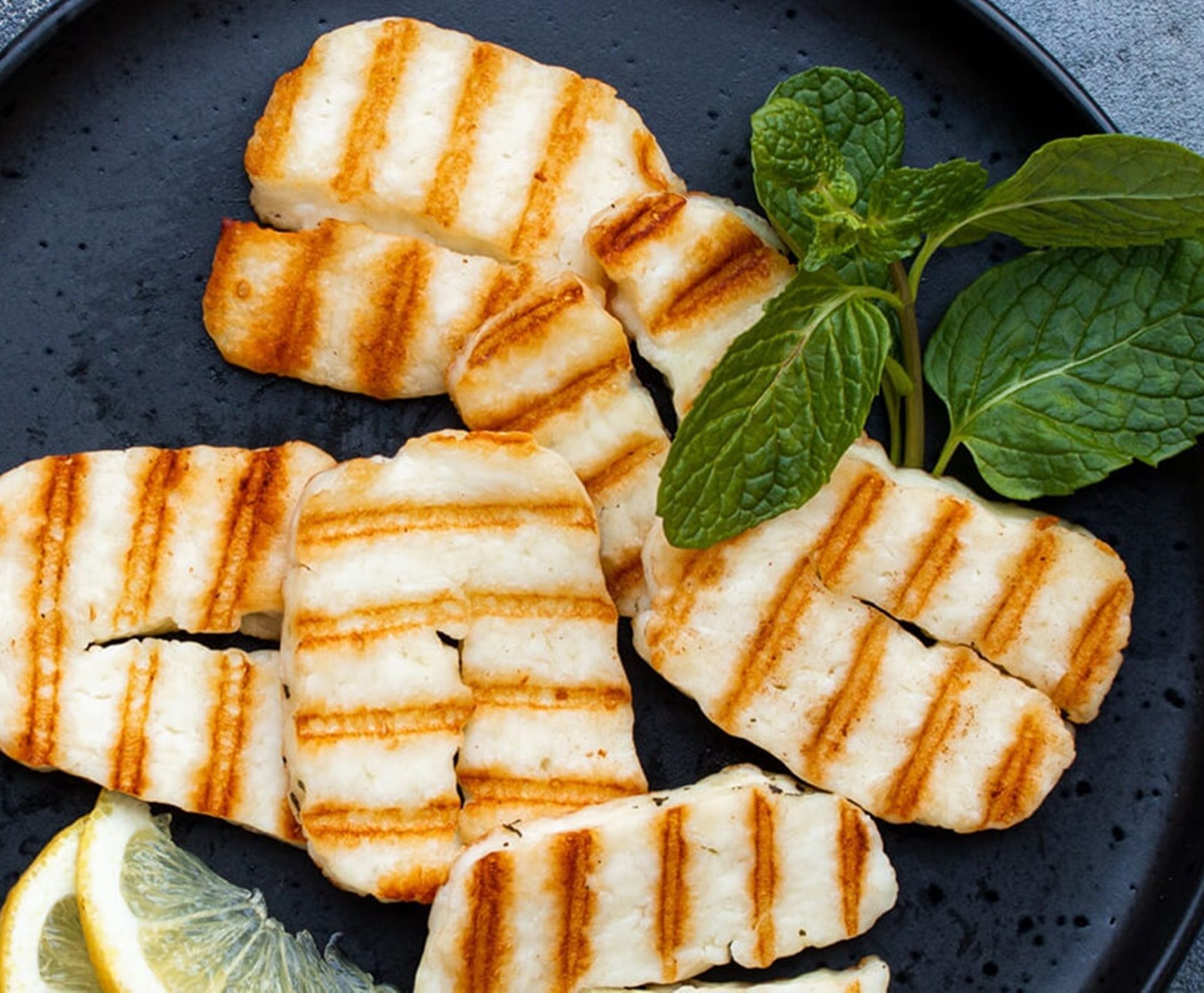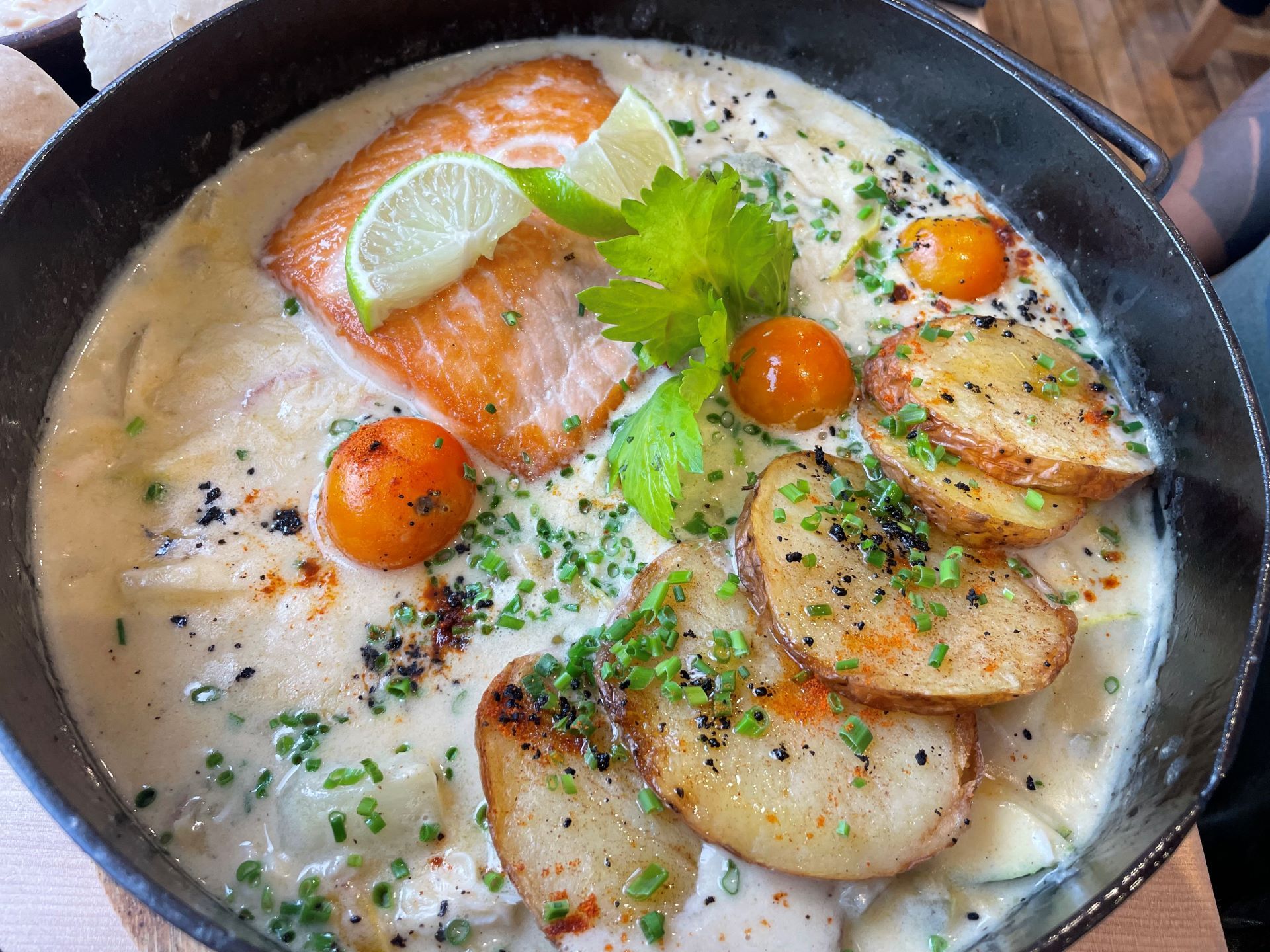Demystifying Muslim Food-Loving Travelers
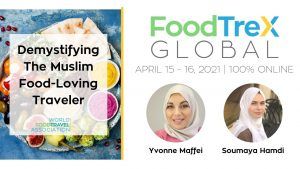
Inclusivity in food tourism is not limited only to those who favour special diets ; it can also extend to include culture and religion. With the diversity in cultures and religions, you can imagine that there are a wide variety of opinions when discussing which destinations can satisfy their requirements. One of the fastest-growing tourist segments is the Muslim traveller and their religion-based culinary custom known as Halal. Many non-Muslims have already come across Halal food, perhaps on a restaurant window or A-board on the sidewalk that you pass by every day. But what exactly is Halal?
In the Islam religion, Halal (lawful) and Haram (unlawful/prohibited) are significant values that are practiced by Muslims around the world. Halal does not just oversee whether certain behaviours are permissible, it also has significant influence over food and beverage consumption. Halal cuisine focuses on avoiding pork and alcoholic beverages, and any meat that is consumed must be obtained from an animal slaughtered according to Islamic law.
According to Pew Research Center’s 2017 report, “Globally, Muslims make up the second-largest religious group, with 1.8 billion people, or 24% of the world’s population”. This reflects the greater potential that the [H]alal food market has and can create. Yet Muslim travel is still in its growth stage. The Global Muslim Travel Index (2017) reported that Muslim travellers’ spending is expected to grow to US$220 billion by 2020, but that has obviously slowed due to the pandemic.
Muslim countries such as the UAE, Indonesia, and Malaysia already lead in catering to the needs of Muslim tourists. Even the non-Muslim majority countries such as the UK, Japan, Thailand are slowly recognizing the importance of this market segment and adjusting their food and beverage services accordingly. Restaurants, hotels, and retailers are the most important services to Muslim visitors. And those business types have another challenge, namely to learn about requirements regarding ingredients and labelling if they want to reach this lucrative market.
At the World Food Travel Association, our mission is to preserve and promote culinary cultures through hospitality and tourism. And in fact, we are featuring a discussion on “Demystifying the Food-Loving Muslim Traveler” at our upcoming FoodTrex Global Summit that will be held online April 15-16.
It is important to remind business owners and destination marketers that every aspect of a Halal cuisine experience contributes to the image of a business or destination through word of mouth. It is probably no surprise to learn that many countries that are effectively promoting Halal cuisine do so by creatively altering existing local food of the destination without offending the dietary needs of the Muslim travellers.
Studies also have revealed that Muslim tourists around the world have difficulty in finding Halal foods when they travel. How easy (or not) it is for a Muslim traveller to find Halal food can influence their choice of one destination over another.
If you are hoping to expand your business by reaching this market, join us for an interesting session where you can get to know more about Halal cuisine and Muslim travellers. At our upcoming FoodTreX Global Summit, we will be joined by two expert speakers, Yvonne Maffei (USA) and Soumaya Hamdi (UK).
Yvonne is the founder of www.myHalalkitchen.com , the first Halal cooking and culinary resource website for Halal consumers that reached one-and-a-half million followers organically on Facebook. She has contributed so extensively to defining Halal cuisine that her works have been featured in The New York Times, Forbes, CNN, Whole Foods, SCORE Chicago, and many more businesses and publications.
Joining Yvonne is Soumaya Hamdi, the founder and managing director of Halal Travel Guide to create comfortable travel for Muslim tourists in non-Muslim countries. Soumaya has been featured in The New York Times and Guardian Observer. She works along with the local community in various destinations to attract and better cater to Muslim travellers.
Written by Nivethitha Bharathi. Edited by Erik Wolf.

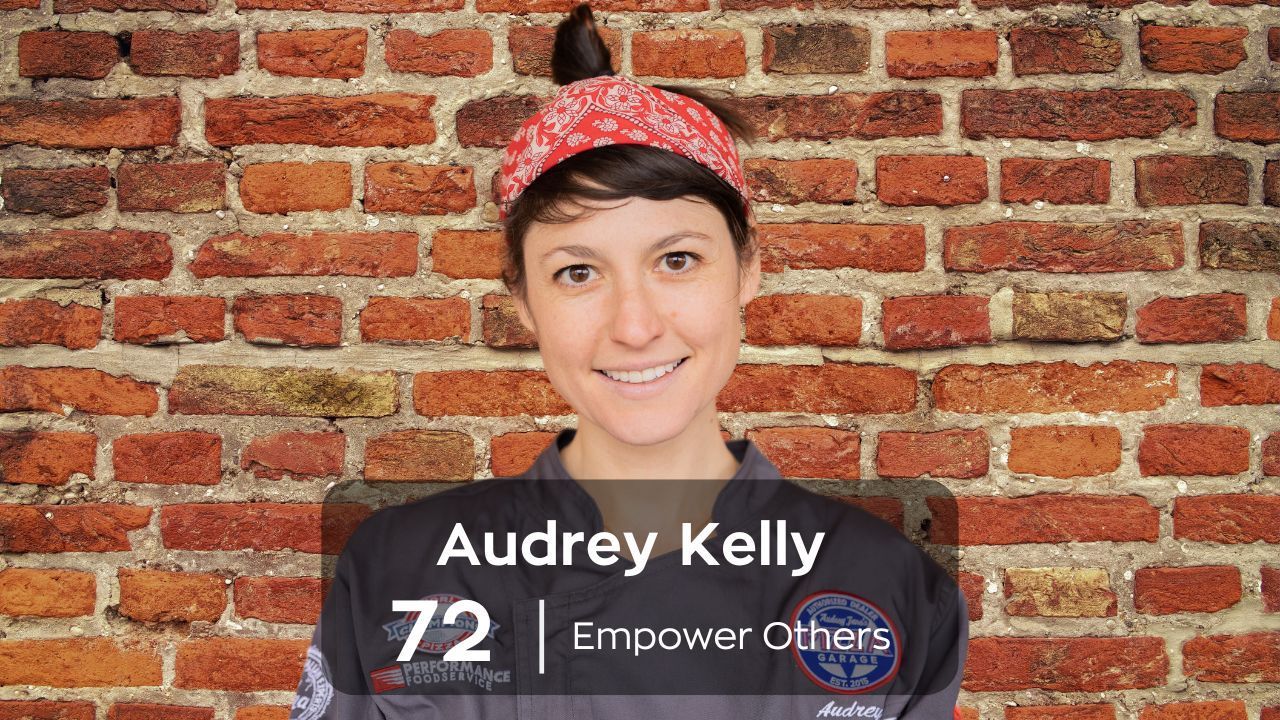
© World Food Travel Association | All rights reserved.
Terms & Conditions |
Privacy Policy
Pages not loading correctly? We do not recommend Safari. Our website works best with Edge, Opera, Chrome, Brave or Firefox.





